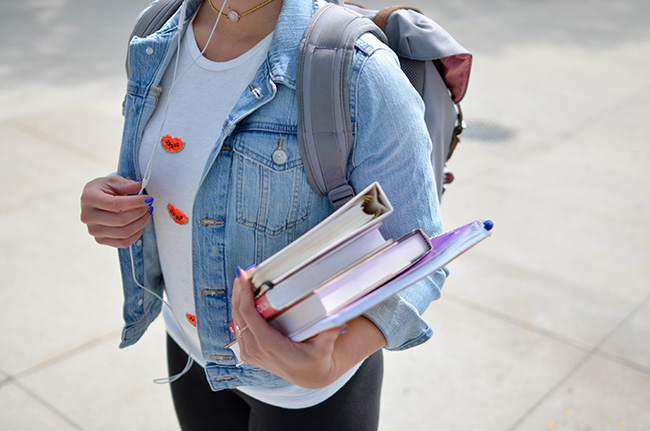Building self-esteem in students with learning disabilities or other intellectual challenges can be, well…challenging. High anxiety combined with a long memory of past problems makes many students dread the day that they return to school..
Table of Contents
ToggleHere are some ways that a teacher or parent can do to help each learning disability student feel more confident as they enter the classroom this year.
Set routines early and practice
children with learning disabilities are scared of the unknown and of change. Help your student by getting into a good sleep routine and waking up each morning as if they were going to school. Have your student practice getting dressed, eating breakfast, packing a backpack and lunch, and walking to the bus stop or school.
Being comfortable in even a small part of the school routine boosts confidence levels, which will transfer over into the classroom. There are also many learning disability apps out there that are developed specifically for learning disabled students, disabilities education and may be used as tools in helping create routines, schedules, and boundaries.
Focus on the positive
Not all students are great at academics and that is ok. Find a skill or talent that your student has had great success with or enjoys immensely. Help them to figure out how to use this talent at high school. If your student likes to sing, maybe look for a choir or a chance to sing a song in class.
If your student is an amazing soccer player, ask the teacher if there is a soccer club at school or if they can bring a soccer ball for recess. Being good at something at school offers a way for your student to make friends and raises the level of self-reliance and success.
Celebrate small victories
Praise your student for giving genuine effort and reaching small goals. Many learning disabled students need constant encouragement and reminders that it is ok to struggle when learning something new. Reassuring your student that it is ok and normal for some to take longer at a new assignment is just part of the learning challenge and not a reflection on who they are as a person. Open communication helps students gain understanding, which raises their self-esteem immensely.
Make time for play
Many veteran parents and specialty providers tout the benefits of regular exercise for all students, but especially for those with learning challenges. Regular exercise balances the brain’s chemistry, providing more positive chemical releases and alleviating the fear and anxiety before it has a chance to build up in the student. Be sure to leave downtime for your student to run and play for at least 60 minutes a day.
Make school relative
Help your students see that a successful future is not only possible but probable. Many students just can’t see why they will need to know how to spell, write, or do math when they become adults. Talking with them about the ways you use these skills every day will show them the importance of learning. Understanding the why of doing something helps students focus and become more successful in each endeavor.

Author: Erin Rodriguez resides near San Antonio, Texas with her beloved family. She is a writer and editor with over 20 years of experience in the education field. Her passions include children, music, animals, photography, and nature. She is an active and respected member of her community.
Photo by Element5 Digital on Unsplash


